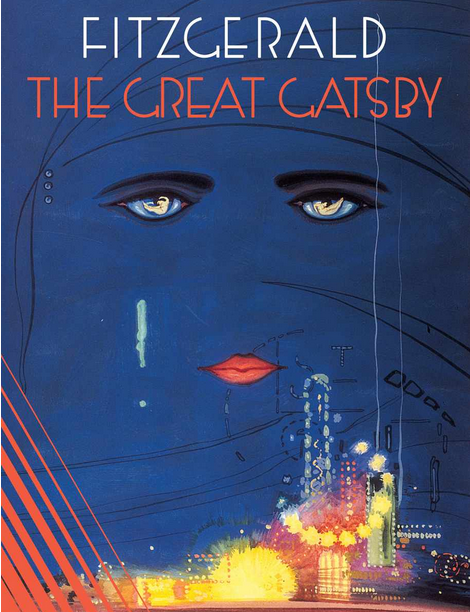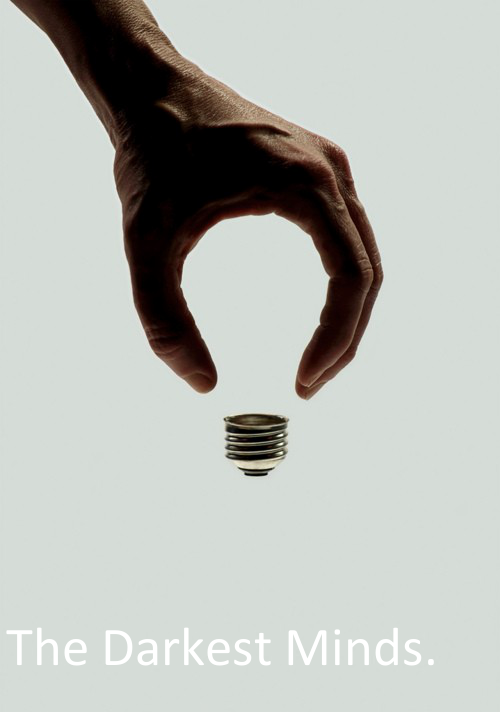Title: Mockingjay // Author: Suzanne Collins // Publisher: Scholastic Press
“I’ll tell them how I survive it. I’ll tell them that on bad mornings, it feels impossible to take pleasure in anything because I’m afraid it could be taken away. That’s when I make a list in my head of every act of goodness I’ve seen someone do. It’s like a game. Repetitive. Even a little tedious… But there are much worse games to play.”
–Suzanne Collins, “Mockingjay”
* Note: SPOILER ALERT – If you have not read the first or second book in this series, this review will NOT make sense to you, and it WILL spoil them for you. Avert thine eyes post-haste if this be so! (Otherwise… I guess you’re good. Read on.)
__________________________________________________
How does one win an unending Game where the life of one means the death of another, friendship kills, and love is betrayal? If surrendering to death is made inconceivable, winning impossible, then the answer lies in contradiction. One can not win, must not win, and so must fight the Game itself.
Katniss Everdeen has escaped the Game at last, carried away by a secret organization of rebels based in a District long though to be dead. Headed by the calculative and unforgiving President Coin, District 13 has survived (and only barely) for its anonymity and equality of arms with the Capitol.
No longer.
The Districts have launched a full scale rebellion. The crooked rule of the Capitol is blatantly denied, and war is announced. Not a street, nor home, nor child’s dream is free of images of fighting, and the hope of freedom burns like a forest fire through the land of Panem.
Peeta is a prisoner of the Capitol, and it is evident that his health, mental as well as physical, is quickly degrading. A rescue mission attempt would be possible, but costly. Katniss is torn between her love for the boy that is dying on television, and the one that is willing to die beside her.
With the Districts in upheaval, a figurehead is necessary to maintain the fire, and keep the fight alive. Katniss is chosen as that figurehead- The Mockingjay. Rebel. Lover. One who is willing to take the pain for the sake of freedom. But off camera, her stance is far more uncertain. Can I do this? What is it that I fight for?
When questions such as these go unanswered, she takes it upon herself to find out. President Snow or no, war or no, love or no, she determines to find answers, with only her family, her bow, and other, darker things to sustain her.
Her fight has not left the Mockingjay along with her flame. Instead, it has grown into an upheaval of her own. No amount of fired arrows or stricken targets is enough to cool her wrath, not until the Districts are free, the people fed and housed, and the Capitol burnt to the ground. After that? Not even Katniss herself knows.
__________________________________________________
I am… conflicted over Mockingjay. My sea of emotions (at risk of sounding awfully cliche,) is vast, and anything BUT still. There is, atop its crests, the obvious disappointment of finishing a marvelous book series. (On a scale of Post-finishing depression, I would rate it beneath Narnia but slightly above The Door Within.) I was massively appreciative of the series as a whole.
HOWEVER, Mockingjay in itself did not live up to my expectations. I could blibber, blubber, and plenty of other bl___’s for hours about tiny details, but I’ll give you my main three Oh, stink points.
Oh, stink #1. Katniss simply cannot seem to make her mind up about who she is “really” in love with. I see that in actuality this situation could be presented, but in Collins book, it contrasts Katniss’ normal firmness of belief and decisiveness. She can pin a deer to a tree without thinking twice, but when it comes to romance, she is at a loss. In my opinion, it makes her a weaker character. (Hunger Games fans, forgive me now.)
Oh, stink numero DOS. The violence in this addition to the series is notably pronounced. It is less artful, and more for the sake of Action! Contention! Emotion! FREAK OUT!
Oh, stink III. The leaders of the rebellion are corrupt. And besides that, the movement is fueled mainly by hatred. There isn’t really a righteous cause that is well represented.
Over all, though, I stand firmly in the conviction that The Hunger Games is a good series, and well worth the time I spent reading (and re-reading) it. I look forward to whatever Collins cooks up next.





